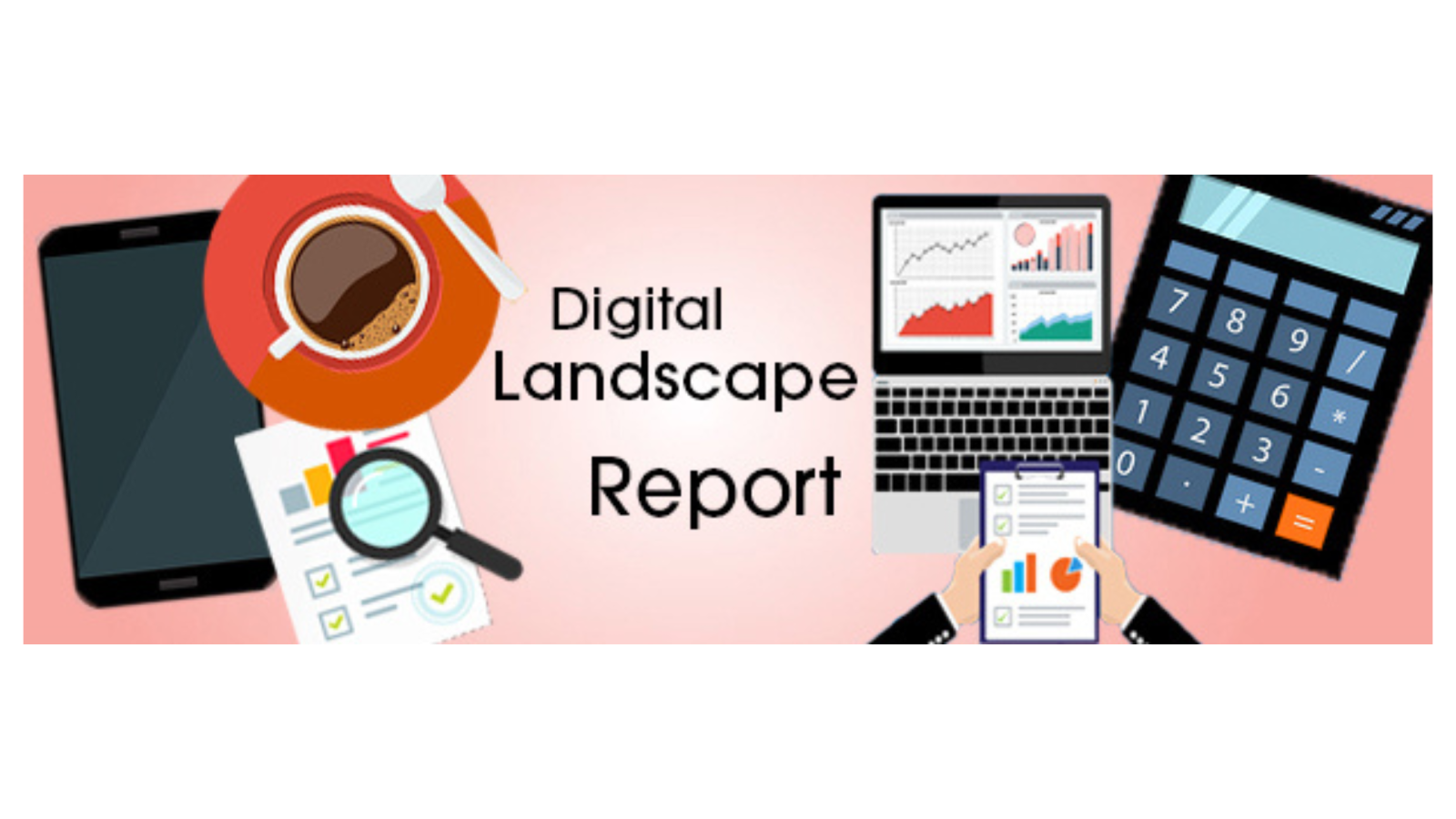
DLR 183 – Podcasts for Publishers?
Published: 01 May 2024
April witnessed the release of a number of market revenue reports and on the back of a rather disappointing final quarter of 2023 for premium publishers (AOP/Deloitte Q4 DPRI report) there was some cause for optimism in 2024.
IPA Bellwether reported “solid expansion” in Q1, the net effect of marketers reported views was a 9.4% growth in the quarter. Furthermore, predictions for y-on-y 2024 growth saw online display forecast for a 6.4% increase overall though the picture is less rosy for the online elements of premium publishers, National News, Regional News and Magazines predicted to contract -0.8%, -4.8% and -1.7% respectively, however as reported in the last AOP/Deloitte DPRI report many publishers are already engaged in diversifying revenues away from display and that should place them in a stronger position for this year.
Over at IAB they also released their 2023 revenue report, in
conjunction with PWC, and revealed digital adspend in the UK grew 11% to
£29.6bn last year. The interesting figure within that report for premium
publishers was the 23% growth in advertising around podcasts, AOP’s own Q4 2023
DPRI report found ‘digital audio’ had increased 300% y-on-y with podcasting
likely to form a major element of that number, so proof if needed that
diversification into this space could prove prudent.
However, and as ever, the world of the premium publisher is not without
challenges all will have to navigate. It was hard to miss the recent
coverage of the ‘scandal’ of made for advertising sites which has rightly
brought a backlash, however as there is no industry-wide standard for what
qualifies as MFA (Media Leader) legitimate publishers, with their editorial
standards and journalists, worry they could be caught up in this type
of scandal simply because they carry advertising around this quality
content.
Adding to the looming black clouds a report from Reuters Institute, ‘Digital
News Report’, revealed that interest in news amongst all adults has dropped by
a quarter since 2013, halving for those under the age of 35. Perhaps
again highlighting that publishers need to think about how they deliver their
quality content to a younger audience, the audio format mentioned previously
may be a major strategy in reaching this audience, along with video.
This also may bring into view the need to provide content in the right place,
targeting, which has to date relied heavily on the third-party cookie.
But as Google announce another delay in retiring the third-party cookie (CMA
have “ongoing challenges” trying to reconcile industry feedback on Google’s
Privacy Sandbox) a report from eMarketer has stressed the importance of
alternatives to the TCPs, namely first-party data which is “…more valuable
because there is a direct relationship between the data owner and the person
from whom the data originates.”
Furthermore, this report claims, 84% of marketers consider channel engagement
data (via email, mobile, or website) important or critical, while 68% collect
that data. 81% deem web and mobile data important or critical, while 63%
collect that data and 75% consider real-time experience data important or
critical while 47% collect that data.
This market development can only empower premium publishers who can work more
directly with advertisers, or their agencies, to ensure efficiency in
advertising, avoid MFA scenarios and aid in the drive to diversify revenue
streams to ensure all benefit for a better advertising ecosystem.
This is an extract from the Digital Landscape Report [DLR] that was emailed out on 1 May, 2024. The DLR collates the news, research, and insight re-shaping the landscape of digital publishing to give you the information download you need to make the best decisions for your business. Exclusively available to AOP members only.
SIGN UP TO RECIEVE THE MONTHLY DIGITAL LANDSCAPE REPORT
If you want to make sure you get this detailed expertise delivered to your inbox each month, please email Jenna.Nord@ukaop.org to discuss membership options.
Categories:
Research